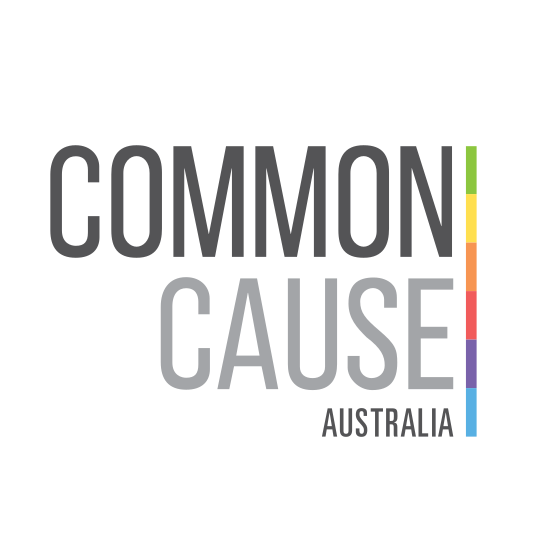NEWS


Why most people are persuadable
What do you see in this image? Your answer doesn’t reveal some mystic clue to your subconscious, but it does tell us something important about why most people are persuadable on most topics.

Case Study: Nina Carr, Disability Advocate
Advocacy is most powerful when it connects to the values we share. For experienced disability advocate Nina Carr, learning to harness those values through strategic messaging has taken her work and her confidence to an entirely new level. In this case study, Nina shares the impact that Common Cause training had on her life and her confidence as an advocate for change.
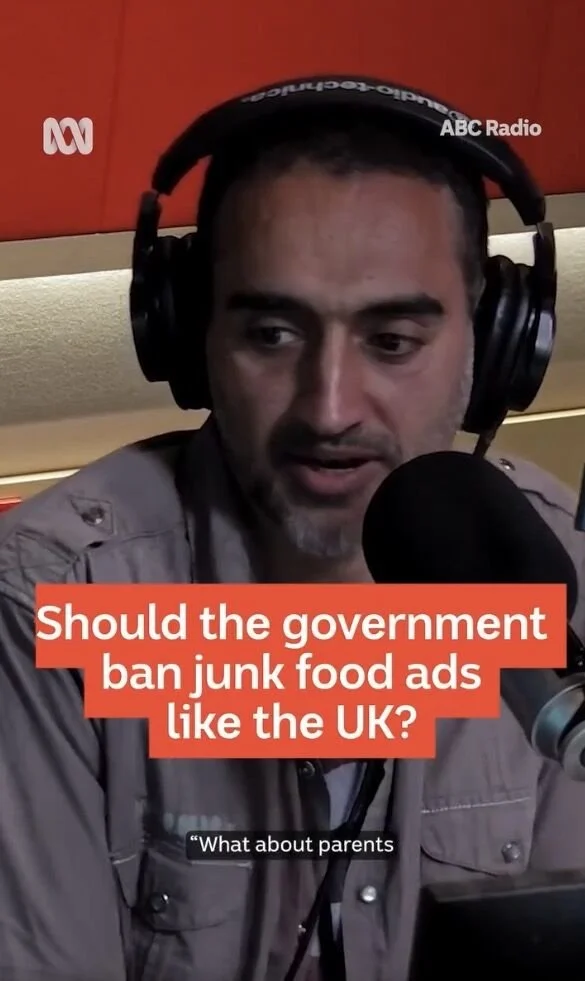
Nailed it! media interview on junk food ad bans
Jane Martin is one of Australia’s most experienced users of values-based messaging in the health promotion space. In this ABC radio interview about the UK junk food ad ban she responds brilliantly to the predictable ‘parental responsibility’ question.
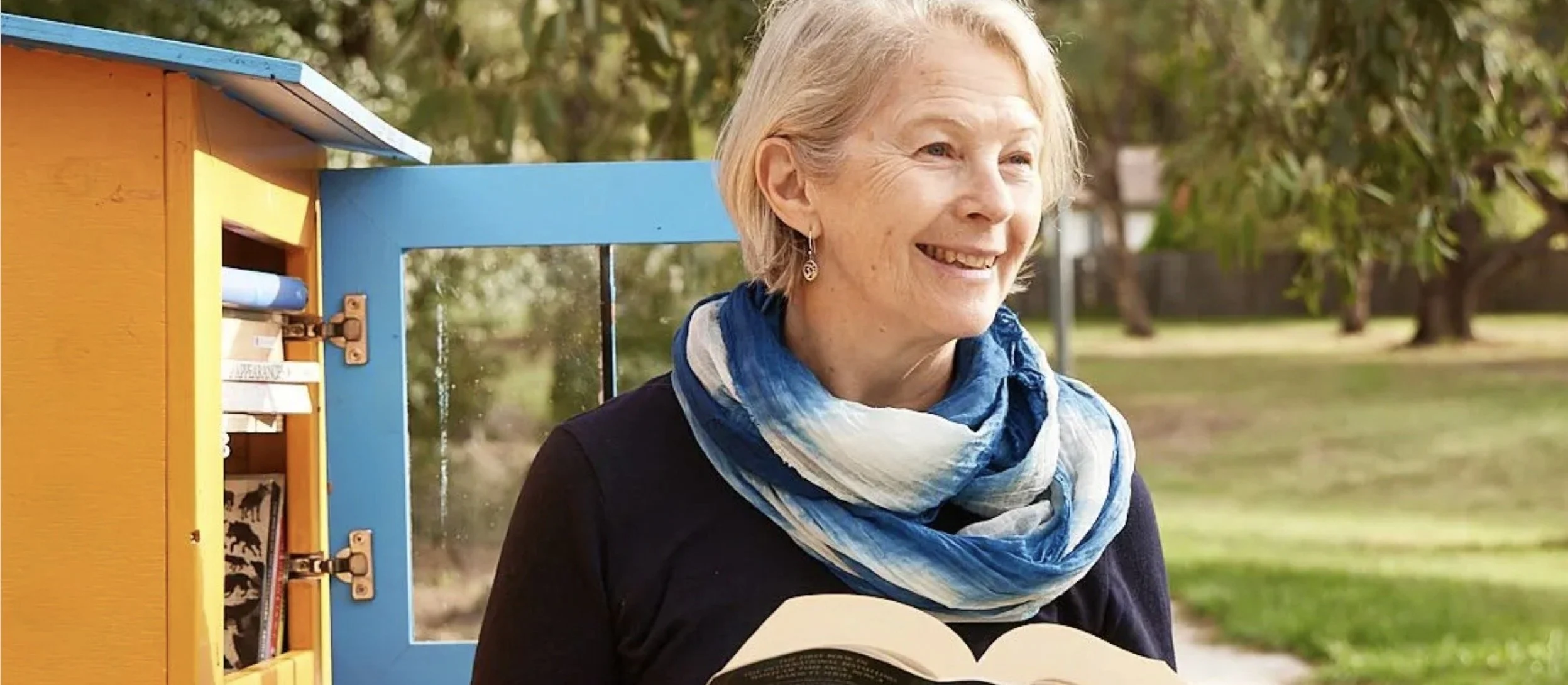
Storytelling for built environments
There are many different audiences for our work in healthy built environments – elected leaders, decision makers, colleagues, community members and others. Within each audience, there are many different views and perspectives.

nailed it! homecomings
The ad, made in 2011, was one of a series aimed at men in their 20s and 30s. It helped change the safety culture in Victoria’s workplaces.
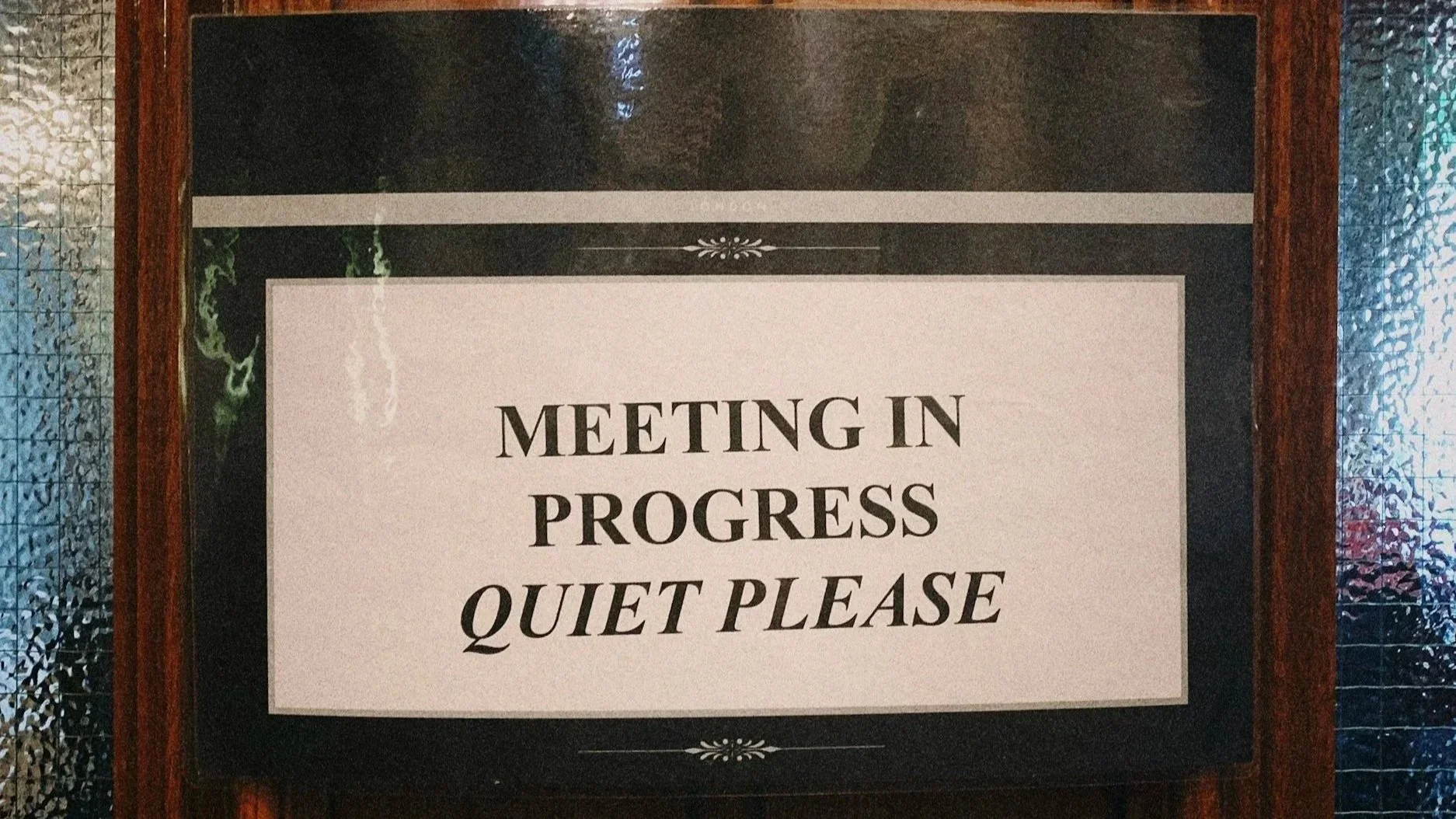
values in the corridors of power
As values-based messaging trainers and teachers, one of the most frequently asked questions we get is, ‘Is it really possible to use this approach when speaking to governments or bureaucrats?’
So we asked two very experienced public affairs practitioners for their opinions.

NAILED IT! MOTHERS’ DAY
This brilliant video was created in 2015 as a partnership between advocacy organisation People Like Us and Mums 4 Refugees, a grassroots network providing emergency aid to people seeking asylum in Australia.

Ethical storytelling: Power, consent and dignity in practice
Stories rooted in lived experience can – and do – bring social issues to life and spark change. Done well, ethical storytelling is more than avoiding harm – it’s about attending to power: who is seen to hold it, who is not and how that shapes the stories we tell and receive.

NAILED IT! NETBALL
This video resists hierarchical ‘charity’ framing often seen in humanitarian aid advertisements, instead using the fast-cut editing of a sports ad to show the members of a women’s committee expressing their power, agency and joy. It challenges stereotypes of women in the global South, giving space to the participants to use their own voices and express how they feel about themselves.
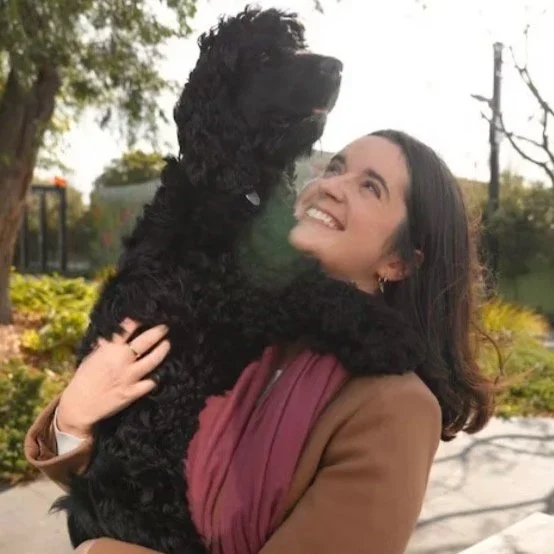
The problem with economic burden framing in health
There are many ways you can frame health and illness in the media. The framing we use sends an important message to both people who make change, and those who may live with illness. In this blog post, Common Cause’s Kate May shares her experience of telling her story in the media as someone living with chronic illness.
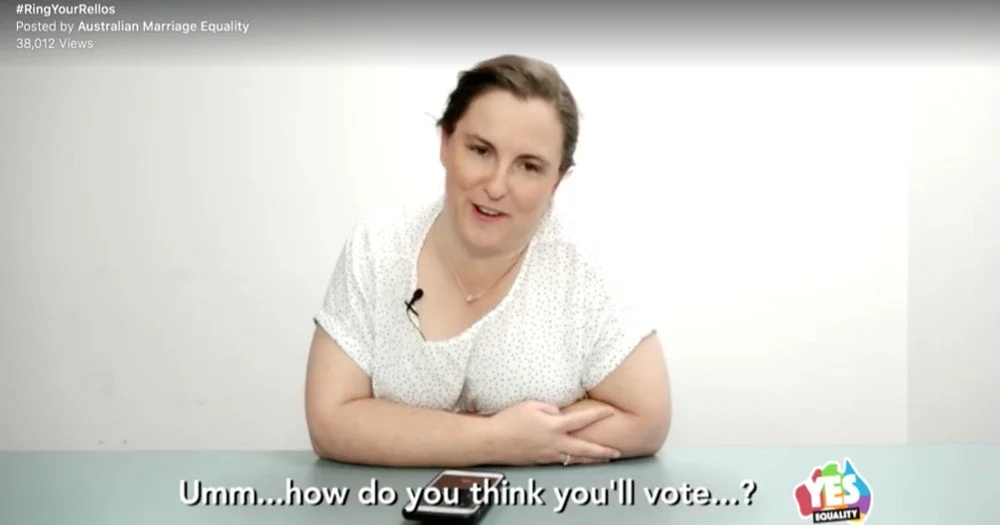
NAILED IT! RING YOUR RELLOS
This video developed by the official YES Campaign during the Marriage Equality plebiscite in 2017 encouraged supporters to ring their relatives to motivate them to vote yes. It’s a great example of ‘show, don’t tell’.

NAILED IT! THE PALAU PLEDGE
Rather than simply tell visitors to take sustainable action while visiting Palau – or describe the penalties they might face if they don’t - the Pacific Island developed a pledge for visitors to sign when they arrive. To explain the pledge, they developed this in-flight video brimming with intrinsic values around connectedness, friendship and harmony.

Time to be bold
This is a speech delivered by Common Cause Australia’s co-director Mark Chenery at the Leadership 2025 conference in Canberra on 11-12 June 2025. Mark was asked to speak to how civil society can take the recent Australian election outcome and turn it into bold progressive change in the months and years ahead.

NAILED IT! ALL THAT WE SHARE
An oldie but a goodie from TV2 Denmark - a brilliant video that we use often to demonstrate that intrinsic values can be just as compelling as extrinsic ones!
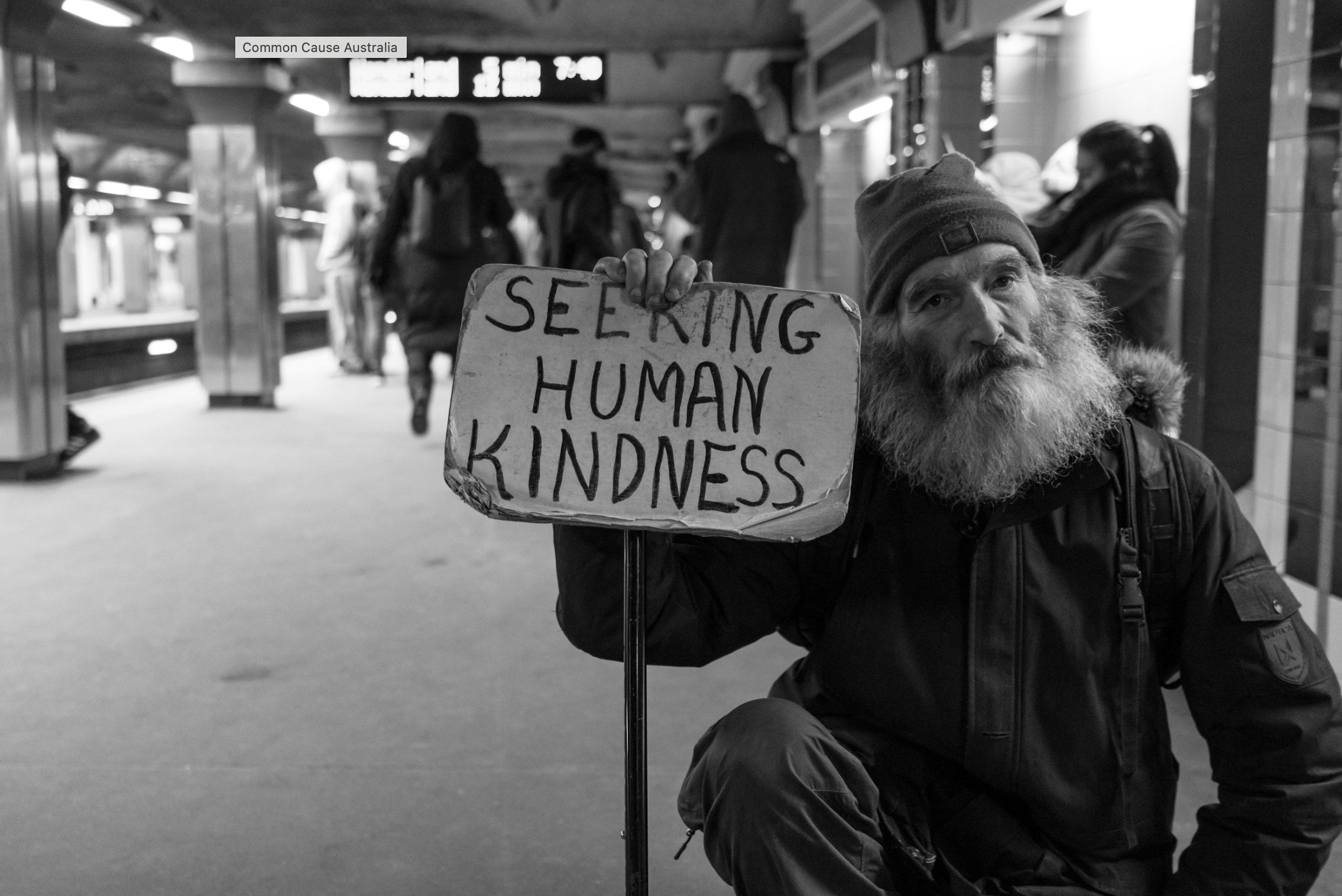
Humans are kinder than you think - Lord of the Flies was wrong
At Common Cause, we’re fascinated by what motivates people — and what this means for social change. In this post, we explore pluralistic ignorance, a social phenomenon that reveals how we often misjudge others’ values and actions.

NAILED IT! ‘A NEW BEGINNING’
Welcome to Nailed It!, a regular blog series focussing on examples of excellence in values-based messaging. Each blog post will focus on one of the main categories of helpful values – Universalism, Benevolence and Self-Direction. We love this example from the UK.

Stop meeting people where they’re at. Take them to a better place.
Connecting within your audience is absolutely vital, but ‘meeting people where they are at’ is both misleading and dangerous communications advice.
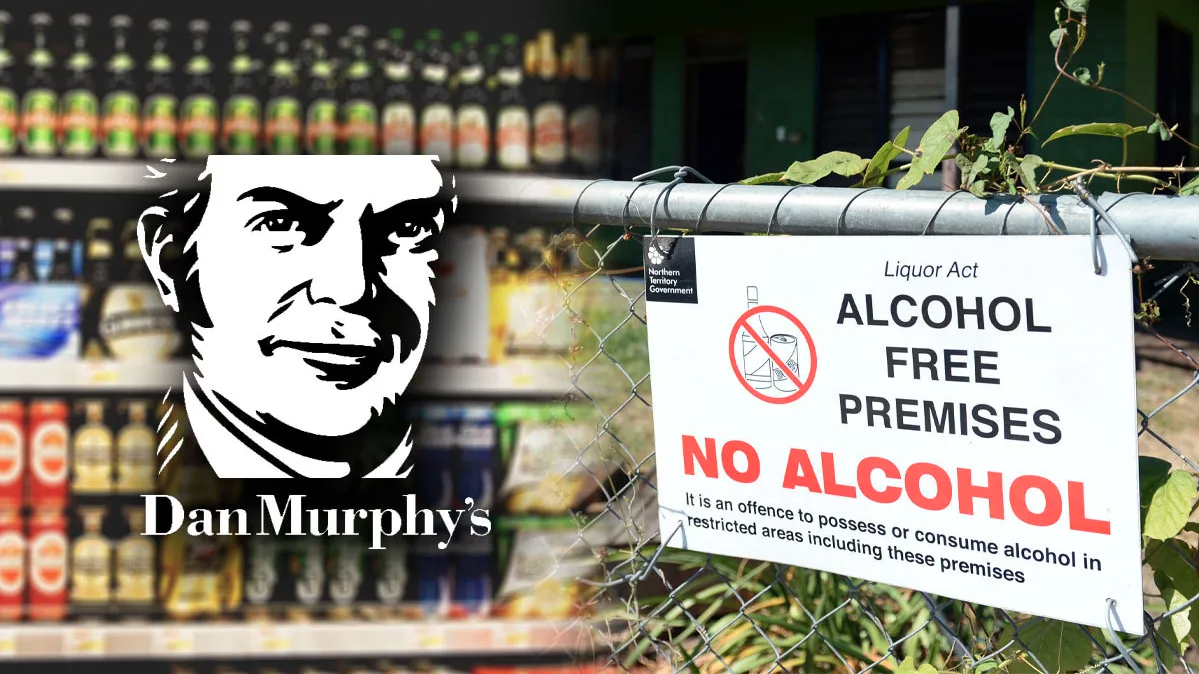
nailed it! community stands up to an alcohol megastore
In 2016 Woolworths, the largest food and beverage retailer in Australia, proposed to build a Dan Murphy’s alcohol megastore in Darwin, near three dry Aboriginal communities. The community pushed back - and won.

How do we defeat the far right this election?
It’s the question progressives are all asking: how can we grab the opportunity presented by the 2025 Federal election to steer the public narrative - in the media, on the streets and online - in the direction of care and connectedness for people and nature?
